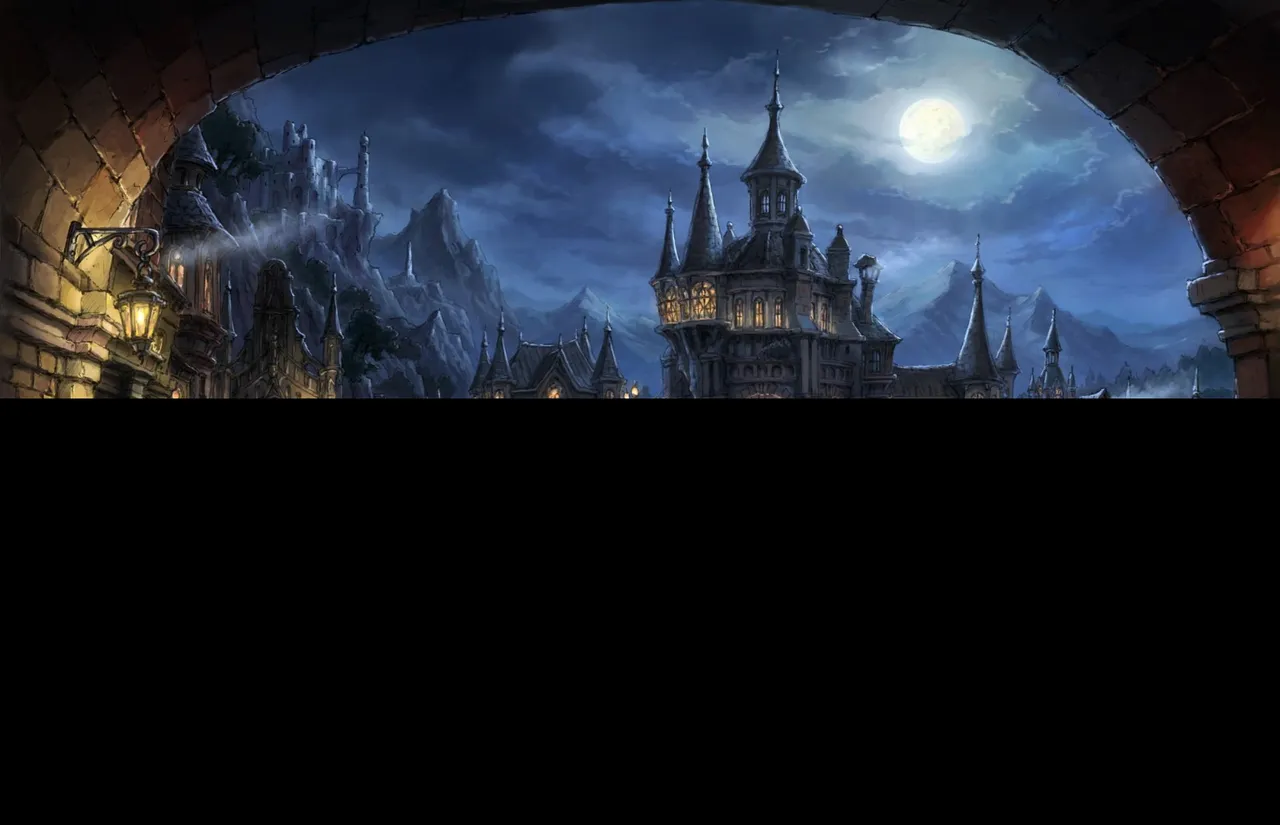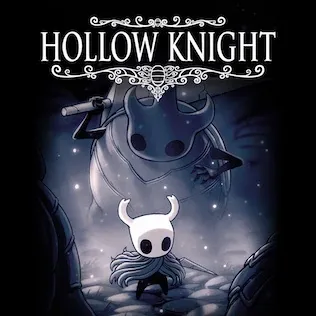Out of the numerous aspects of any game, be it gameplay mechanics, plot and storytelling, music, or even overall design; there’s one subject I’ve always adored, but also struggled to articulate properly, even in my own opinion: worldbuilding. In most cases, I’ll be more willing to accept a game that plays out its fronts at a lower quality than a game that plays out at a higher quality simply due to my perception of worldbuilding as being a major aspect of anything I play, not just in video games, but also any fantastical piece of literature out there.

Worldbuilding is a creative literary process which includes, most commonly, fiction, where the author attempts to create an alternate reality that is realistic, believable, and consistent. The term is often used in a vague way, with several definitions to describe stories that don’t necessarily share all those same attributes. Ultimately, no single definition out there can govern the vast creative extent of worldbuilding, and to enact one would severely restrict that creative process.
Worldbuilding is instrumental, particularly so in video games over other literary forms. The major distinction between the two is that the reader will get to be an active part of the story rather than the passive one of watching a movie or TV show. When you read a book or watch a film, the world you see is that of the writer, so it comes as a total surprise when you come across some part of it in the story that didn't exist before. I'm sure this is a huge part of what people enjoy about these kinds of storytelling.
However, when you have a video game, the world is not only the author's creation, but the player's as well, especially so when the plot changes and bifurcates depending on the player's actions. This means that the writer has to ensure that the world is well-built so that it feels familiar and realistic for the player to not only enjoy the story, but to also feel a part of it. It's why I feel that a book about medieval Europe is much less enjoyable than one with the same basic structure in the Renaissance. It's because the world is completely different and a lot of things that are normal to modern life aren't present, so things in the story can feel odd.
One common criticism leveled against modern video games is the lack of a cohesive vision or overall plot in a lot of video games. For the most part, many games don’t build up the world from scratch and instead, build a narrative that is already being told. I don’t think that’s necessarily a bad thing, but if the game isn’t really building anything new or unique, then it should be considered a missed opportunity. For example, Fallout 4, a game about the fall of a civilization from the apocalypse, really shows how to build a truly unique, non-canonical world. However, while Fallout 4’s worldbuilding is spectacular, it does have a major flaw. While exploring the world, you can only ever explore so much in a short amount of time. The main issue is that a lot of games never really explore a single world in more detail, only building up a generic world en masse and not giving players the opportunity to truly explore and experience the world. While Fallout 4 has that problem, they do their best to correct this, giving players the opportunity to explore the world for hours on end and really getting to know the game’s world. However, because of how Fallout 4 is set up, it doesn’t quite work as well as it should.
Metroidvania

Hollow Knight's worldbuilding significance is more holistic than any other game I've played, and it certainly goes a lot deeper than just creating an atmosphere. Establishing that harmony of story-telling through NPC interactions and world exploration is a difficult feat to pull off, yet, this is precisely what occurred in here.
It's more than just an atmosphere to engulf the player in, or a specific mood to elicit. The more intricate details that are embedded into the worldbuilding, the stronger its impact on the narrative that takes place. Even as much as a small, really obscure detail or item stowed away as an easter egg can maneuver the entire narrative the game is peddling.
Hollow Knight satisfies all of this. Hell, Metroidvania has had quite the comeback with several other titles making waves in the gaming industry. Ori and the Blind Forest excelled not just in regards to worldbuilding, but also the fact that any screenshot of the game looks like it would be fit to be a desktop wallpaper.
Conclusion
Worldbuilding is absolutely pivotal for any game out there. No matter how you look at it, getting it right can underlie and support a lot of the features that the game will have. For games that take place on our own planet or an alien world, a great degree of worldbuilding in terms of civilization is important. But on a space opera or space adventure game, you want that worldbuilding to carry a really strong narrative drive. In modern times, however, it's a shame that this vital process isn't getting the attention it deserves.